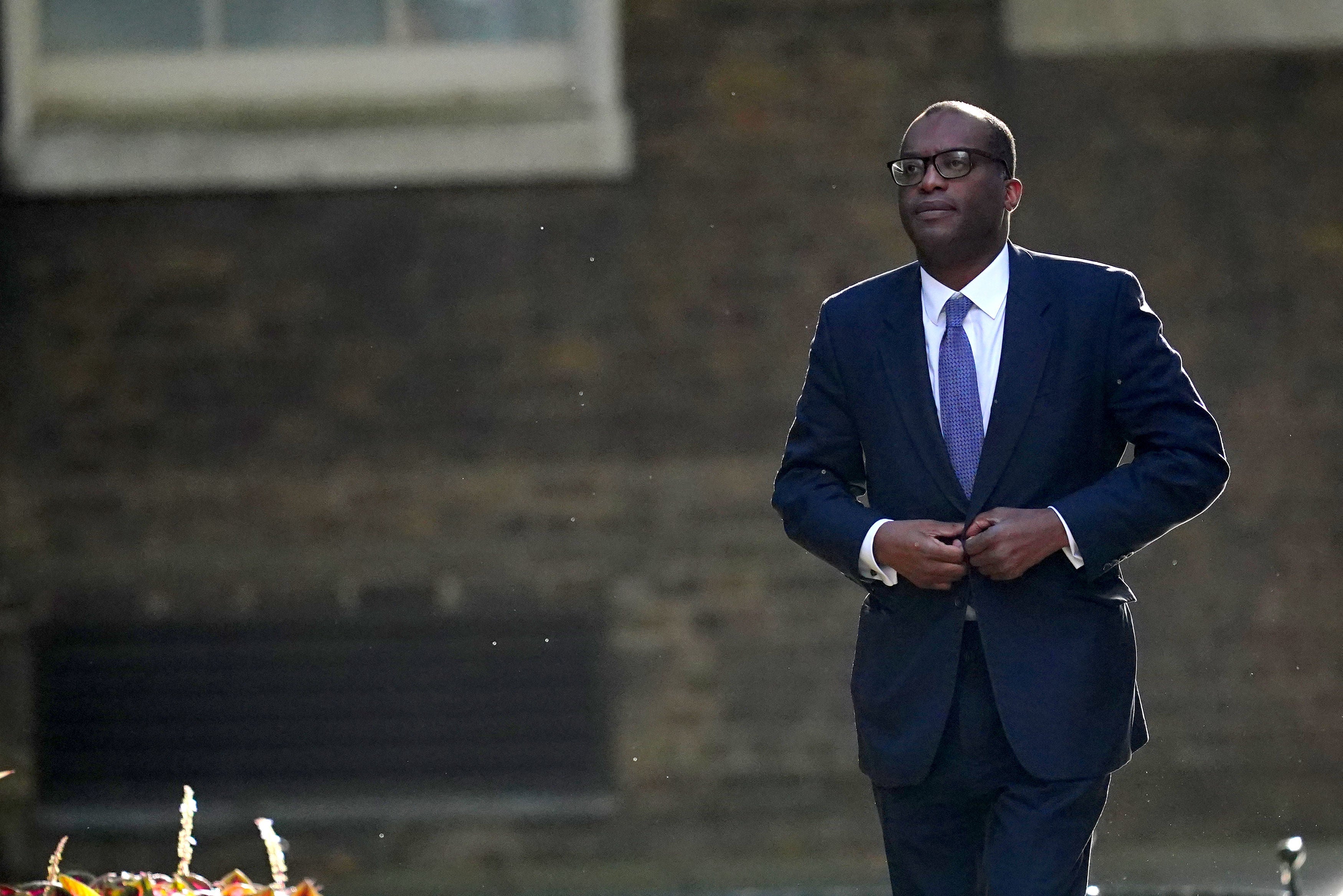The emergency Budget may just save the government
There are two audiences and two objectives. Audience one is the British public, audience two is the global money markets, writes Hamish McRae


Will Trussonomics work? It is very simple. If the emergency Budget on Friday helps the economy deliver a reasonable success story in two years’ time it may just save this government. It will be a case of “the economy, stupid”, to quote James Carville’s famous message to voters in Bill Clinton’s successful run for president in 1992. And if not, the game will be over. So what should we be looking for?
There are two audiences and two objectives. Audience one is the British public, audience two is the global money markets. Objective one is to get the UK economy through this winter without a recession, or at least a serious one. Objective two is to jack up the UK’s long-term growth rate.
It is for the political analysts to judge how the voters will react once the dust settles, and anyway they have a couple of years to make up their minds. So let’s focus on the second audience, the markets. It is really important to get them onside because if you are going to borrow an extra £100bn from them, they need to have confidence in what you do. Otherwise, the pound goes down even further, and that pushes up inflation. And gilt yields climb even more than they otherwise would, and that pushes up the government’s borrowing costs, mortgages, and the cost of funding for businesses.
Here, Kwasi Kwarteng, the new chancellor, has a mountain to climb. He is an unknown quantity, unknown that is where it matters. His first act, sacking Sir Tom Scholar, the top Treasury official, has put the markets on red alert. He is presumably committed to reversing the tax increases in national insurance contributions and corporation tax announced by Liz Truss in her election campaign. And he has to fund the huge (if essential) package of relief for energy prices this winter and beyond.
Spend, spend, spend means borrow, borrow, borrow. And that has to be done against a background of rising global interest rates. The US Federal Reserve and the Bank of England are both expected to increase their rates this week, and the markets now reckon that rates will top 4 per cent in both countries next year. The 10-year gilt yield is now 3.3 per cent. At the beginning of August it was 1.8 per cent – and in December last year it was 0.7 per cent. That is a stunning, extraordinary, massive rise in the cost of borrowing. You see why Kwasi Kwarteng needs the support of the markets.
The objectives: avoiding recession first. Well, if you whack £100bn or something like that into the economy, you do pump it up. People are frightened now by the prospect of soaring heating bills this winter and have cut back on their spending. Since consumer spending is 60 per cent of GDP, there is a real danger that the economy could plunge into recession this winter.
Money spent on fuel is money not spent on everything else. But there is a decent chance that this will be enough to keep the economy roughly even. Don’t expect it to grow much until underlying inflation is clearly on the downtrend, and remember that higher interest rates affect mortgages and hence squeeze homebuyers’ incomes too. If they also lead to falling house prices, then things will look darker indeed.
This comes back to confidence. To avoid a recession, or at least a serious one, the government needs the confidence of the international markets but it also needs the confidence of British consumers. One of the big determinants of that is house prices. Maybe that is not the way things should be, but in the past recessions have usually been associated with a housing slump. What the country needs, for social as much as economic reasons, is stability in the housing market. Fingers crossed that the current strong market settles in a calm and orderly way.
To keep up to speed with all the latest opinions and comment sign up to our free weekly Voices Dispatches newsletter by clicking here
And the longer-term objective of increasing the underlying growth rate? It’s an admirable, indeed essential, aim. But you don’t do so simply by cutting taxes and doing away with regulations – or allowing banks to pay bigger bonuses. The UK has a long and complicated story of underinvestment, poor-performing companies, inadequate infrastructure and so on.
Overburdensome taxes may be part of the problem; pointless regulations do discourage investment. But there are lots of other issues, and the idea that the chancellor can pull a lever and everything will suddenly improve is plain silly. And by the way, this is not all the fault of Europe, so undoing EU regulations does not suddenly fix things.
What’s needed is a cautious, detailed examination of the taxes that are discouraging investment, the regulations that have pushed activities overseas, places where more government spending is needed and where it is ineffective – and so on. Then there has to be the slog of changing what needs to be changed and strengthening what needs to be supported. The devil is in the detail, and you can’t do that when you are less than two weeks into the job.
Numbers matter much more than words. On Friday, we will get a wodge of both. The markets, who have to stump up the funds, will pay attention to the credibility of the figures the chancellor announces, not what he says. The rest of us should do likewise.






Join our commenting forum
Join thought-provoking conversations, follow other Independent readers and see their replies
Comments